By Janet Samuel Abuja
The National Council of Women Societies (NCWS) Nigeria has flagged off an empowerment training initiative for widows and women across the country.
This initiative, by the NCWS, in collaboration with CIPA international, design to equip women with essential skills to enhance their socio-economic status and foster self-reliance, began its pilot phase with indigent women in the FCT.
At the flag off ceremony in Abuja, the National President of NCWS, Princess Edna Azura, explained that the programme, aligned with the Renewed Hope Initiative of the First Lady of Nigeria, Senator Oluremi Tinubu, to equip women with valuable skills to enhance their livelihoods.
She emphasized that the training would provide participants with practical knowledge in areas such as the production of oil perfumes, germicides, and antiseptics, empowering them to start their own businesses and improve their livelihoods.
The President also stressed the NCWS’s commitment to providing post-training mentorship to ensure long-term success for participants.
Azura expressed her gratitude to the partners, donors, and supporters who made the program possible, emphasizing the need for more support to extend this initiative to all Nigerian states.
She urged the participants to take full advantage of the opportunity and use the skills acquired to build better futures for themselves and their families.
The Minister of Women Affairs Hajiya Imaan Sulaiman-Ibrahim, represented by the Special Assistant, Technical, Women Affairs and Community Engagement, Dr. Jummai Donije, reiterated government’s commitment to women’s economic independence through various empowerment programs, including the Nigeria for Women Project (NFWP) and the National Women’s Economic Empowerment (WEE) Policy.
The minister outlined how the government has expanded support to 30 states, benefiting hundreds of thousands of women entrepreneurs.
Beyond economic empowerment, we are strengthening family social cohesion, enhancing care for the elderly, and improving orphanage operations to protect vulnerable children, she added.
The event featured the presentation of starter packs to over 50 beneficiaries, with plans to extend the training to other 36 states across Nigeria.
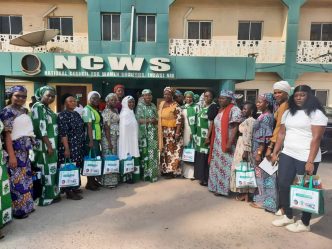
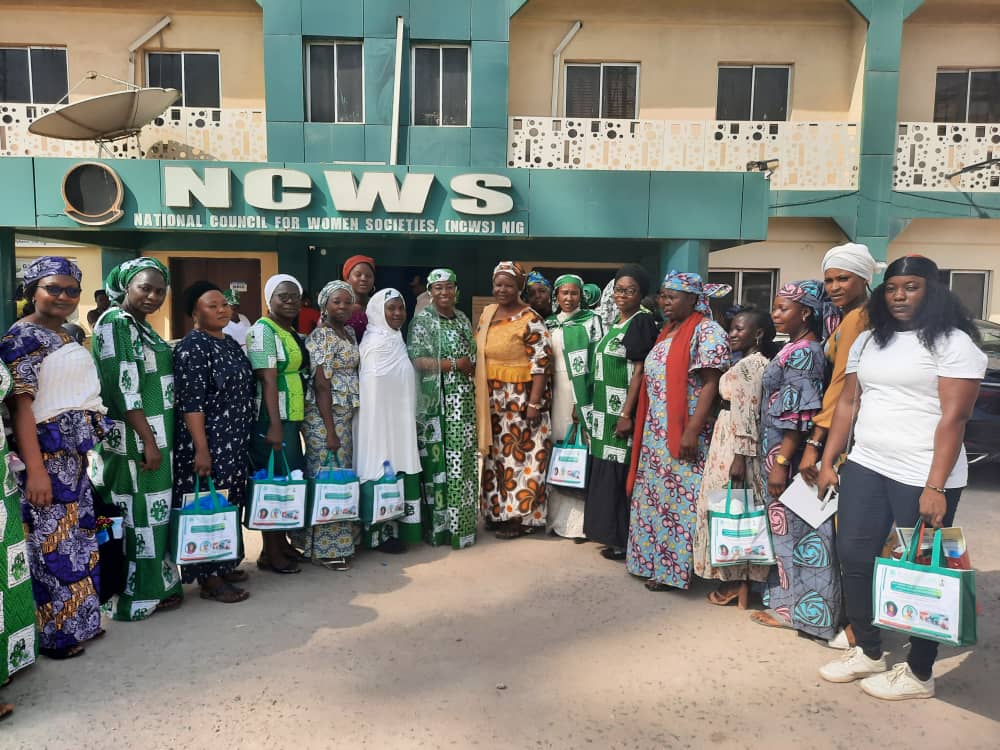
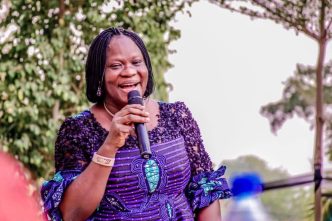
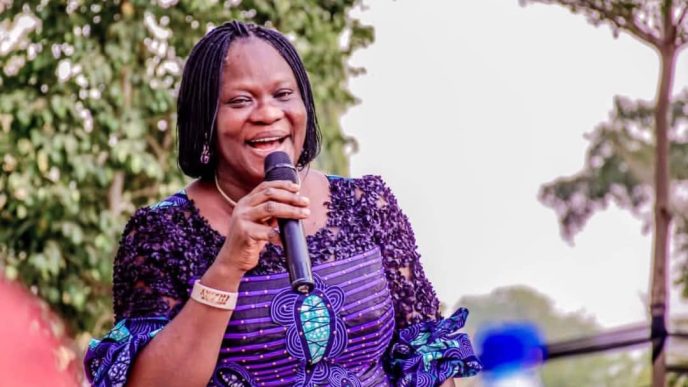
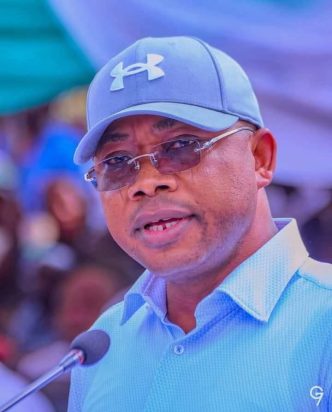
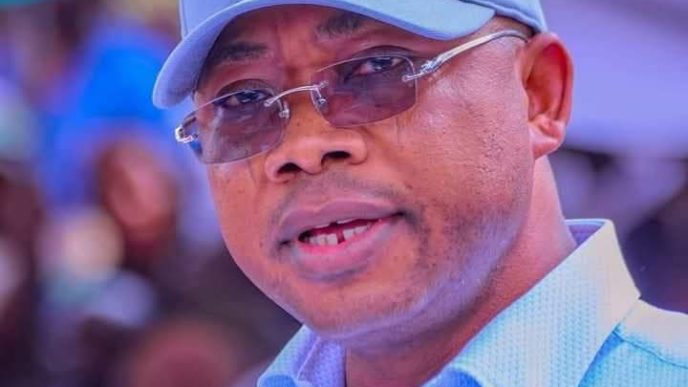

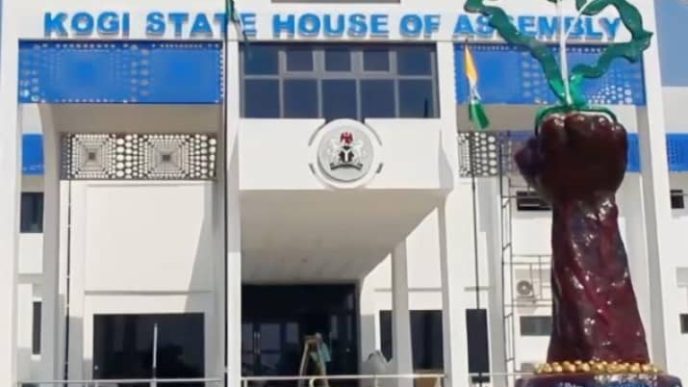


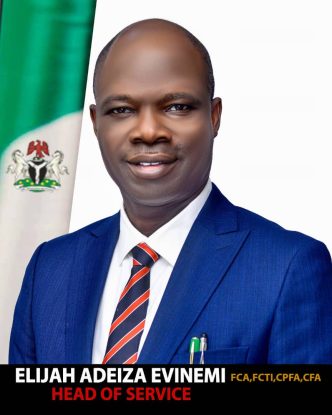

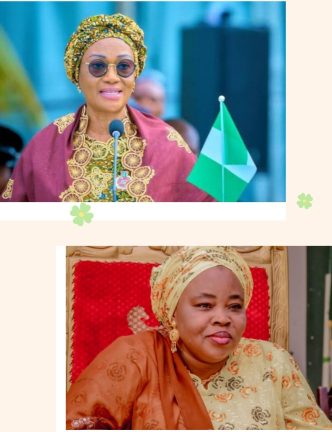

GIPHY App Key not set. Please check settings